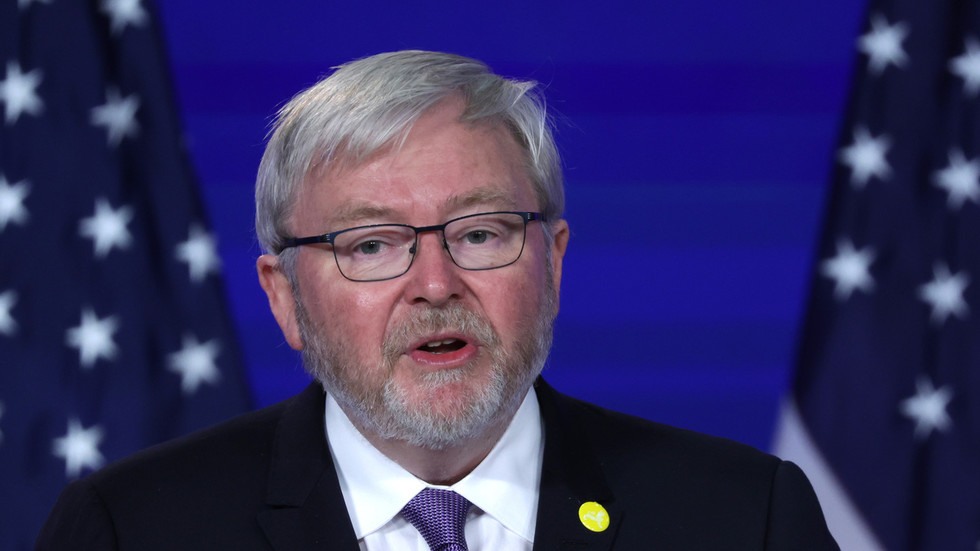In the wake of Donald Trump’s recent victory in the US presidential election, the dynamics of international diplomacy have shifted remarkably, illustrating the nuanced relationship between political leaders and their predecessors’ sentiments. Kevin Rudd, Australia’s ambassador to the US and former Prime Minister, has notably erased his previous criticisms of Trump, which included harsh labels such as “the most destructive president in history” and “traitor of the West.” Following Trump’s electoral success, Rudd publicly congratulated him, emphasizing the deep-rooted partnership and friendship between the United States and Australia. This abrupt pivot in rhetoric underscores the importance of maintaining diplomatic relations, particularly for ambassadors like Rudd, who navigate the complexities of international politics.
Rudd’s decision to delete past social media posts and articles reflects an effort to align with the new American leadership while distancing himself from previous statements that could be interpreted as antagonistic. His office stated that this action was taken to ensure that his former critiques were not seen as representative of his current role or the Australian government’s stance. This gesture is emblematic of the need for ambassadors to embody respect for the office they represent, regardless of their personal convictions. Rudd’s shift in tone also reveals a broader trend among political figures adjusting their narratives to facilitate smoother diplomatic engagements, often necessitating a repudiation of earlier criticisms in favor of unity.
The tension between political leaders and their comments about each other often plays a pivotal role in shaping international relations. Earlier this year, Trump had remarked on Rudd’s unflattering commentary about him, implying that a hostile ambassador would not have a long tenure. Such statements highlight the precarious nature of diplomatic appointments and the implicit understanding that personal feelings about leaders cannot supersede the interests of their respective countries. Rudd’s action seems to be a strategic maneuver to ensure his continuance in the role while fostering a cooperative atmosphere with the new Trump administration.
This strategic repositioning is not limited to Rudd; similar transformations are seen in other political figures as they navigate the challenges posed by Trump’s presidency. UK Foreign Secretary David Lammy, for example, had previously described Trump as a “woman-hating, neo-Nazi sympathizing sociopath,” a statement that starkly contrasts his new congratulatory tone towards the president-elect. This suggests that both Rudd and Lammy are recognizing the necessity of collaboration over conflict, which is critical for sustaining international alliances in a time of geopolitical uncertainty.
Moreover, these developments evoke a larger conversation about the role of rhetoric in politics, especially concerning leadership transitions. Politicians must often walk a tightrope, balancing their personal beliefs and historical positions with the reality of moving forward in a professional capacity. Rudd’s acknowledgment of Trump as the new leader and his subsequent positive outlook for future collaboration signals an understanding that effective diplomacy often requires setting aside previous discord for the greater good of national interests.
In conclusion, the diplomatic landscape is characterized by evolving relationships, necessitating flexibility in tone and rhetoric from political leaders. As seen through the actions of Rudd and others, adapting to new leadership is crucial for maintaining alliances and fostering cooperation. The interplay between past criticisms and current expectations reveals the delicate nature of international diplomacy, where the ability to pivot quickly can impact the future of bilateral relationships, proving that in politics, as much as in other facets of life, sometimes one must dance to the tune of new leadership for the sake of progress and unity.

